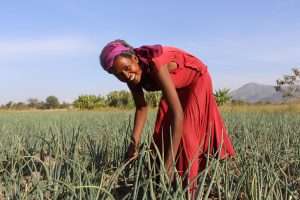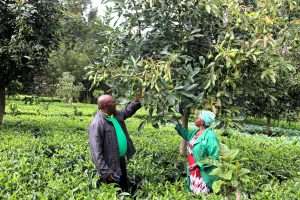Tunisia: Helpless farmers highlight the impact of droughts

For months on end, Tunisian farmers have had to deal with droughts which have destroyed harvests, reports The National, November 21.
Droughts have been caused by soaring temperatures, lack of rain and longer summers. The North African country hasn’t seen rainfall of over 500mm in over six months.
The country has experienced six consecutive years of droughts as helpless farmers see dams and reservoirs laying bare.
This year has hit farmers the worst, around the time of November they tend to have their seed beds ready.
Regarding the seeds, the President of the farmers union in Beja, dubbed Tunisia’s agricultural capital, Aymen Chaouachi noted that, “We could change the seeds we use from a variety that needs 1,200mm of rainfall a month to ones that could survive with the less than the 200mm of rainfall that we now have,”.
READ: Heat and Crisis Impact Tunisia’s Wine Industry
Beja is situated just over 100 kilometres away from the capital Tunis and is between the Medjerdah River and the Mediterranean Sea.
Morocco has had to deal with similar boiling temperatures which have caused the same issues to their North African neighbours.
However, the introduction of the use of heat tolerant wheat crops in Morocco will be seen as a boost. Experts explained in October that heat tolerant varieties of wheat grown in the kingdom have produced the same yields with just half of the rainfall usually required.
There is speculation that there will be excessive use of these types of crops around the region more generally.
The National
Want to chase the pulse of North Africa?
Subscribe to receive our FREE weekly PDF magazine















